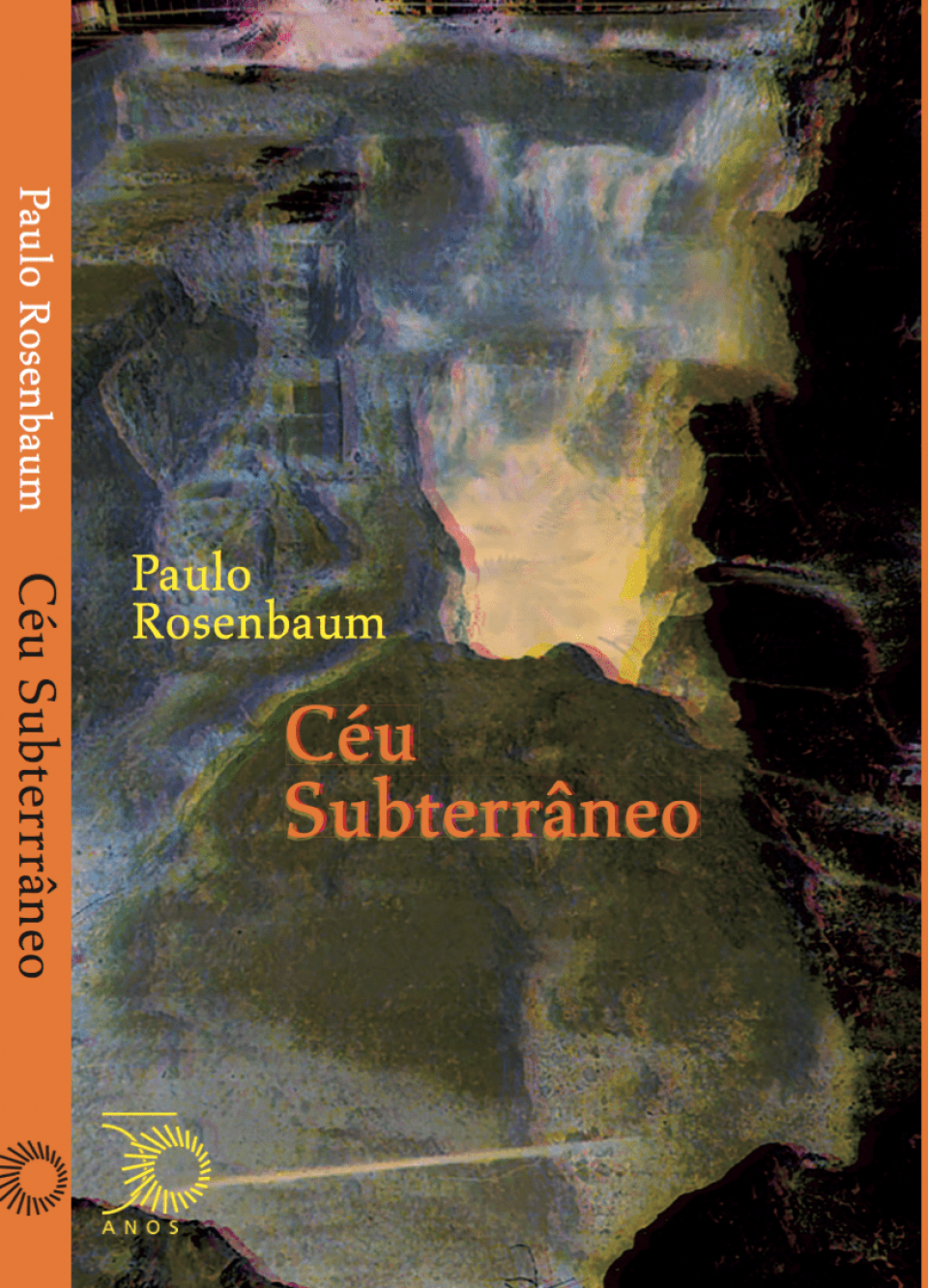A Physician named Matheus Marim
A doctor, researcher, professor of medicine, a homeopath by choice, a guy who never surrendered to dogmas, nor to stony doctrines, and had a home in the genuine scientific attitude. But not just any science, but one that questions scientism and privileges the experimental and vitalist view. It’s true that there are many people much closer to him and who got to know him more intimately. Friends and medical colleagues who could talk better about him, speak more knowledgeably about his characteristics and qualities.
I only dare to do it because my contact was based on the intensity and pressure of acute and critical moments. Enough to know the ethics and the personal rigor with which he applied it. And because you know, or intuit, the direction of your leitmotiv matters little . It is unfounded to speak of what was consensual in his personality, but it is essential to emphasize what emanated from him: a peculiar tranquility, which infiltrated even without the interlocutor’s appearance. I witnessed his acting calm in the midst of turmoil several times, and his words settling in, subtle, even in the midst of dramatic situations. There was never a change of tone, no exasperation, no rush. Its intensity was due to the firm constancy and responsibility with which it took and assisted its clinical cases.
Was he an adherent of a version of modern Stoicism? Perhaps. Certainly a committed workaholic. His heroism was never accidental, both in combating the plague and human ailments, and this is an effort that deserves special mention. As well as so many doctors, nurses and health teams who fell in front of a wave of pathology with still no sign of an outcome. Probably the best definition of his role as a doctor who has helped thousands of people through the clinic of similarity is to remember a quality evoked by the founder of homeopathy, a virtue that Samuel Hahnemann considered fundamental in a caregiver.
The therapist can be supportive, must be empathetic, but must also exercise “mute compassion” during medical interviews.
And that was his particular way of interacting with the sick. Accounts show a doctor who acted like one person in front of another. A clinician who, while listening to complaints, polished the lenses of his elderly patients’ spectacles, who worried that he would never give up a request from someone in need of his services. His mere presence, with his undisguised and long white coat, commanded a kind of unspoken respect, even when he found himself in environments hostile to the type of medicine he practiced. From someone who surrendered to the undeniable talent in the art of caring, often to the detriment of personal interests. Sometimes, to receive a report of suffering from the person treated, but often from the family members of these people as well. Sometimes for hours, sometimes during the night.
Matheus was betting, like Gregório Maragnon, that homeopathy would one day be rediscovered in laboratories. In fact, it has already been rediscovered by science and validated by society, despite all attempts to ban it, most often for reasons beyond the health of men and against the interests of humanity. Regardless of his clinical role and father and grandfather attentive to his own, he still found time to experiment with new medicines (such as Botrophs jararacuçu and Brosimum Gaudichaudii), look for good interlocutors within the health sciences, articulate events, promote courses , and, perhaps, the number one engine of his vital trajectory: his defense of a unique way of practicing medicine.
Matheus, for all this and, gracias a la vida , your mark in the world will be guaranteed, here, now, but also in the distant future and abroad.
Thank you for everything, grazie mille: it is Medicine that thanks you.
https://brasil.estadao.com.br/blogs/conto-de-noticia/um-medico-chamado-matheus-marim/

